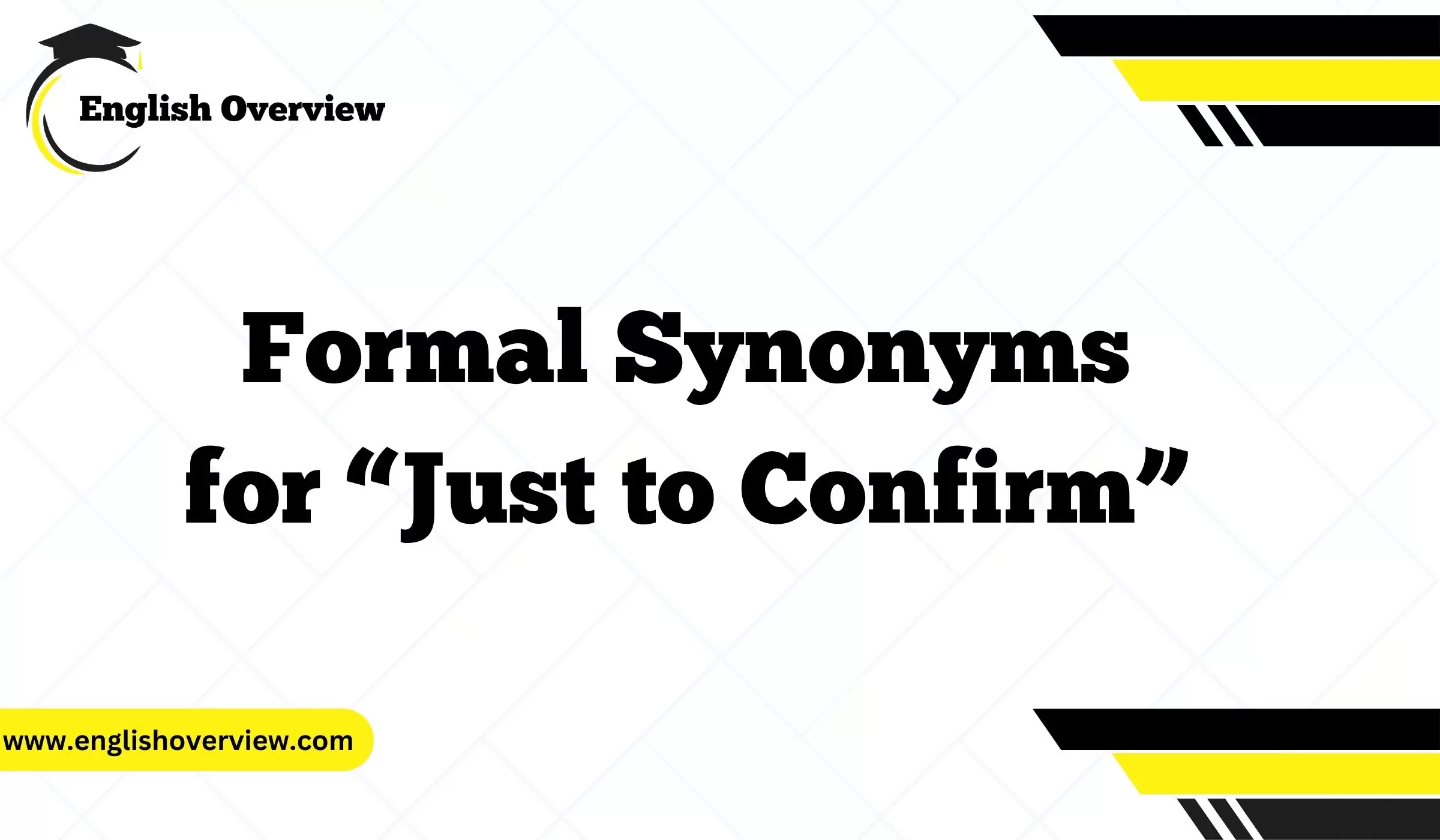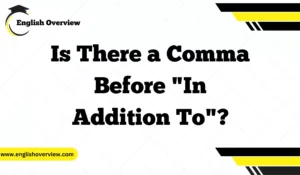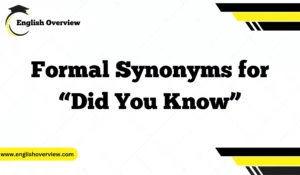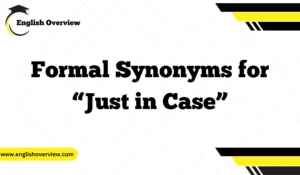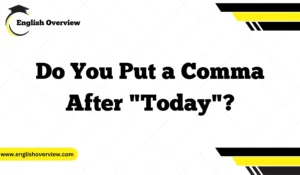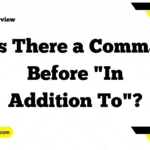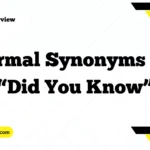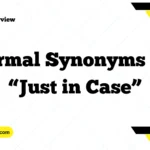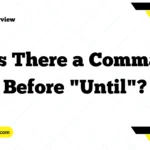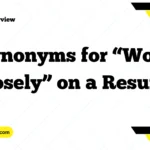Last updated on May 17th, 2024 at 07:07 am
In the realm of professional communication, precision and formality are paramount. Whether you’re corresponding via email or engaged in business discussions, expressing the need for confirmation is a common practice.
In this article, we’ll explore 20 formal synonyms for the ubiquitous phrase “Just to Confirm,” offering a diverse range of expressions to enrich your written interactions.
List of Formal Synonyms for “Just to Confirm”
- I wish to verify.
- I seek confirmation.
- I’d like to corroborate.
- May I ascertain?
- Kindly validate.
- Allow me to affirm.
- I want to establish.
- Please confirm.
- I seek authentication.
- I’d appreciate verification.
- Permit me to confirm.
- I wish to validate.
- Could you affirm?
- I request confirmation.
- I’d like to ensure.
- Permit me to corroborate.
- Kindly confirm.
- May I ascertain?
- I seek your validation.
- I want to double-check.
1. I Would Like to Confirm
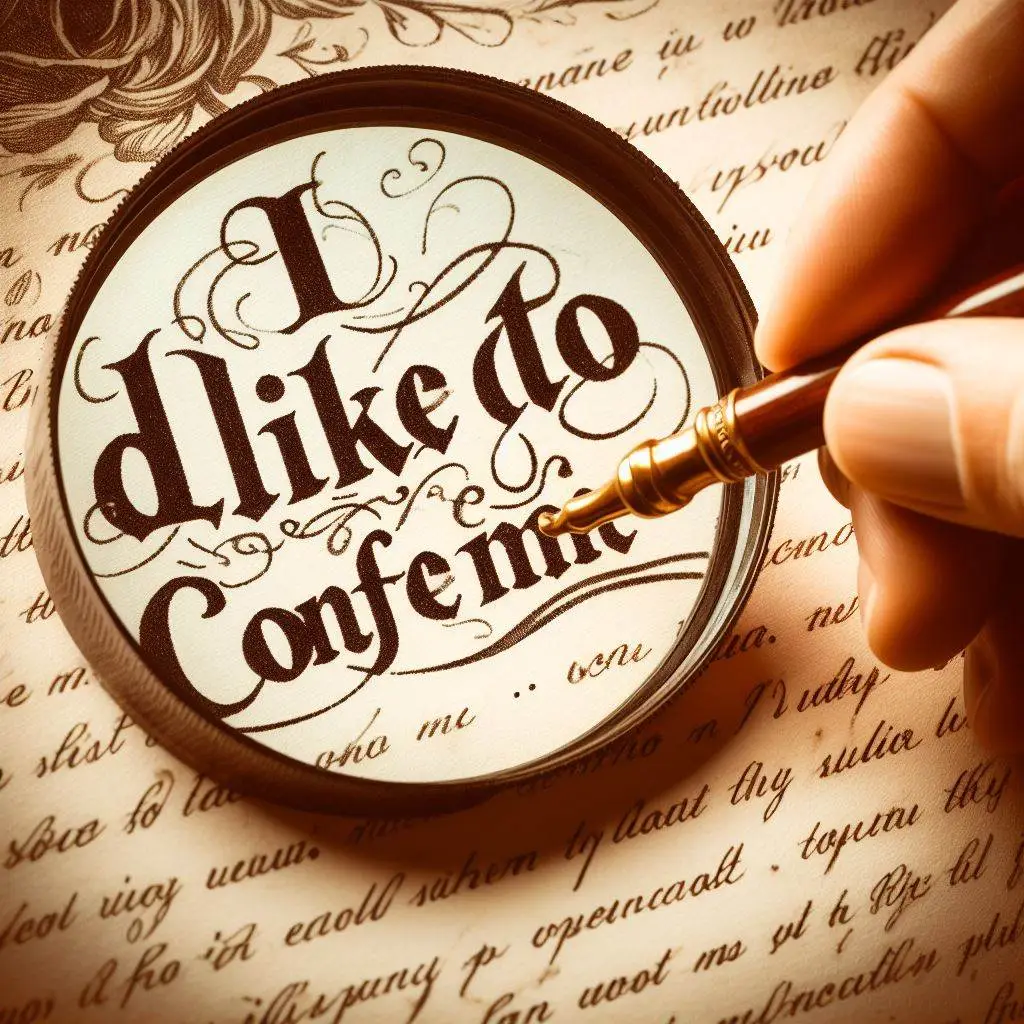
Opening with a straightforward approach can be effective in various professional settings. For instance:
Dear David,
I would like to confirm our meeting schedule for next week on Tuesday at 2 PM. Please acknowledge if this suits your availability.
Best regards,
Charles
2. I Would Like to Check
Choosing a more casual tone while maintaining formality can be suitable in certain contexts:
Dear David,
I would like to check if you have received the updated project proposal. Kindly review at your earliest convenience and provide any feedback.
Sincerely,
Charles
3. Writing to Confirm
Opting for a more direct expression:
Dear David,
Writing to confirm the receipt of your email. I appreciate your prompt response. Could you please clarify the deadline for the deliverables?
Best regards,
Charles
4. I Would Like Some Confirmation
Adding a polite touch to your inquiry:
Dear David,
I would like some confirmation regarding the status of the shipment. Can you provide an update on the expected delivery date?
Best regards,
Charles
5. To Be Sure
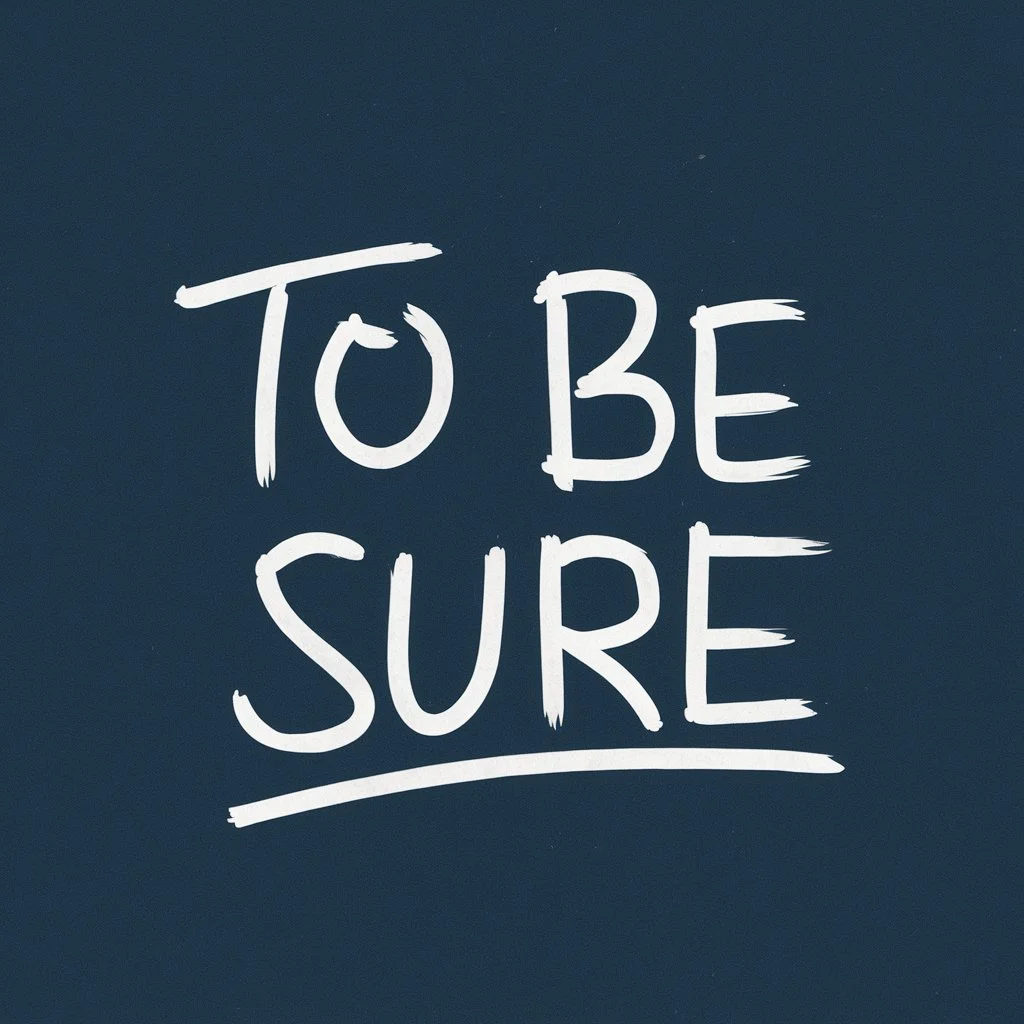
Injecting a sense of certainty:
Dear David,
To be sure, our team meeting is scheduled for Friday at 10 AM. Confirming your attendance and any agenda items you’d like to discuss.
Regards,
Charles
6. To Clarify
Seeking clarity in a concise manner:
Dear David,
To clarify, are we proceeding with Plan A for the marketing campaign? Your input is crucial before finalizing the strategy.
Sincerely,
Charles
7. To Make Sure
Ensuring accuracy and alignment:
Dear David,
To make sure we are aligned, please confirm your availability for the conference call on Thursday. Your insights are vital to the discussion.
Best regards,
Charles
8. To Ensure I’m Correct About This
Expressing a desire for validation:
Dear David,
I have drafted the proposal based on our recent discussions. To ensure I’m correct about this, could you review the document and share your thoughts?
Regards,
Charles
9. To Be Clear
Emphasizing the need for transparency:
Dear David,
To be clear, our deadline for submitting the client report is approaching. Kindly confirm your progress and any potential challenges.
Sincerely,
Charles
Read Also: Other Ways to Say “Have a Great Weekend” in an Email
10. Give Me a Few Days to Learn More

Acknowledging the necessity for additional information:
Dear David,
I appreciate your inquiry. Give me a few days to learn more about the project scope, and I will provide you with a comprehensive update.
Best regards,
Charles
11. May I Ascertain?
Infusing a sense of formality and politeness:
Dear David,
May I ascertain if you have received the revised contract? Your prompt acknowledgment is appreciated.
Kind regards,
Charles
12. Kindly Validate
A gentle and considerate way to request confirmation:
Dear David,
Kindly validate the accuracy of the financial report attached. Your expertise in this matter is crucial.
Best regards,
Charles
13. Allow Me to Affirm
Seeking permission to confirm in a respectful manner:
Dear David,
Allow me to affirm the details of our upcoming presentation. Your insights are pivotal for its success.
Sincerely,
Charles
14. I Want to Establish
Conveying a determination to set things in order:
Dear David,
I want to establish the timeline for the project milestones. Your confirmation on the proposed dates is needed.
Regards,
Charles
15. Please Confirm

A classic and direct way to ask for validation:
Dear David,
Please confirm your attendance at the board meeting next week. Your participation is essential.
Best regards,
Charles
16. I Seek Authentication
Elevating the request to a level of verification:
Dear David,
I seek authentication for the recent changes in the marketing strategy. Your expertise will ensure alignment.
Sincerely,
Charles
17. I’d Appreciate Verification
Expressing gratitude while seeking validation:
Dear David,
I’d appreciate verification of the client’s requirements outlined in the proposal. Your attention to detail is valued.
Best regards,
Charles
18. Permit Me to Confirm
Requesting permission to ensure accuracy:
Dear David,
Permit me to confirm the shipping address for the upcoming delivery. Your approval is crucial for a seamless process.
Kind regards,
Charles
19. I Wish to Validate
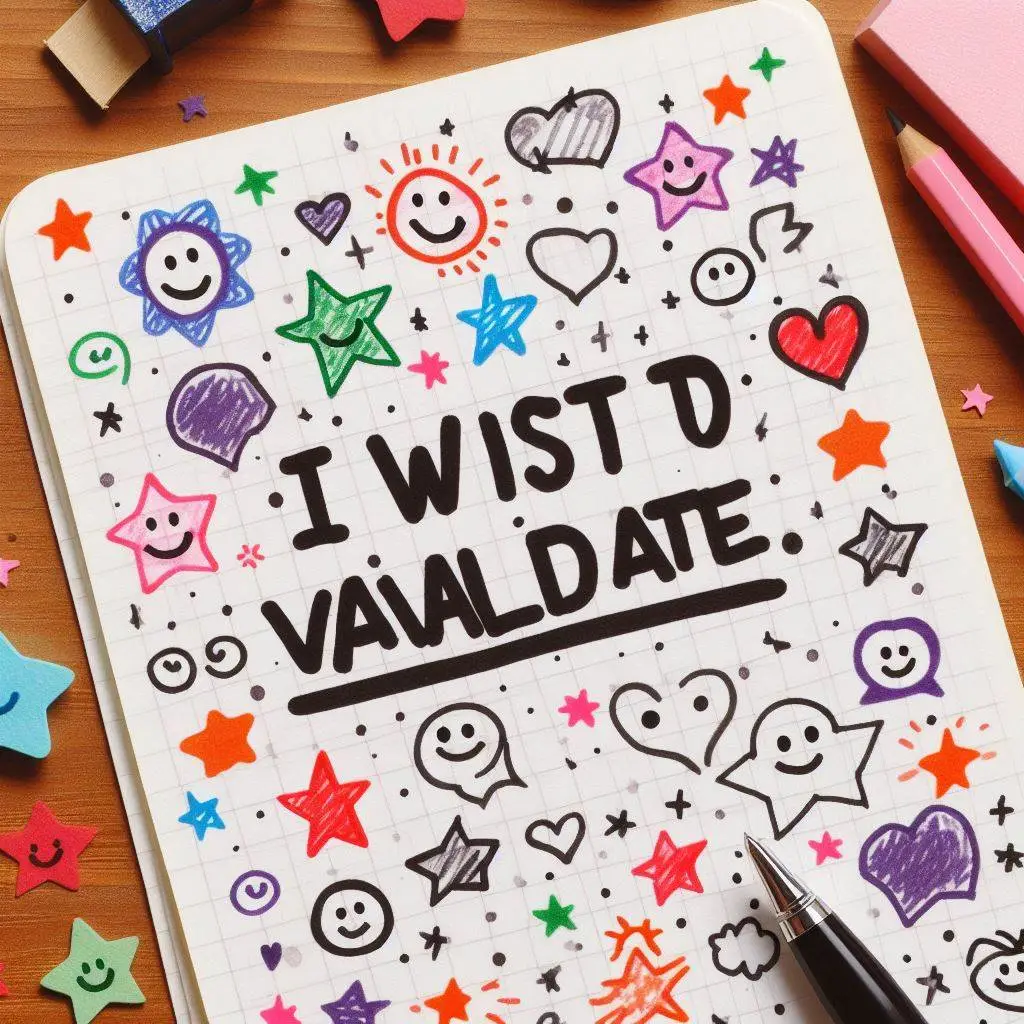
Conveying a strong desire to ensure correctness:
Dear David,
I wish to validate the budget allocation for the upcoming project. Your confirmation will aid in smooth execution.
Sincerely,
Charles
20. Could You Affirm?
Seeking confirmation with a polite and open-ended question:
Dear David,
Could you affirm the details discussed during our last conference call? Your input ensures accuracy in our records.
Regards,
Charles
Expanding on Each Expression:
May I Ascertain?: This phrase combines formality and politeness, making it suitable for situations where a respectful inquiry is essential. It is often used when seeking confirmation in a deferential manner.
Kindly Validate: The use of “kindly” adds a considerate touch to the request for validation, making it an ideal choice when seeking confirmation in a gentle and appreciative manner.
Allow Me to Affirm: This expression seeks permission to confirm, emphasizing respect in seeking validation. It is appropriate when acknowledging the recipient’s role in the confirmation process.
I Want to Establish: This phrase conveys a sense of determination in setting things in order. It is apt for situations where a clear and definitive confirmation is crucial for moving forward.
Please Confirm: A classic and straightforward way to request confirmation, suitable for various professional scenarios where a direct approach is preferred.
I Seek Authentication: Elevating the request to a level of verification, this phrase is effective when emphasizing the need for a thorough and credible confirmation.
I’d Appreciate Verification: Expressing gratitude while seeking validation adds a polite tone to the request, making it suitable for scenarios where appreciation is important.
Permit Me to Confirm: This phrase seeks permission before confirming details, highlighting a collaborative and respectful approach in the confirmation process.
I Wish to Validate: Conveying a strong desire to ensure correctness, this phrase is suitable for situations where accuracy is paramount, and the recipient’s confirmation is crucial.
Could You Affirm?: Ending with a polite and open-ended question, this phrase encourages the recipient to confirm details in a manner that allows for additional input or clarification.
Pros and Cons of Polite Confirmations:
Pros:
- Respectful Tone: Polite confirmations convey respect and consideration, fostering positive and professional relationships.
- Cultivates Cooperation: The use of polite language can enhance collaboration and cooperation, especially when seeking confirmation from colleagues or team members.
- Maintains Professionalism: Politeness adds a layer of professionalism to written communication, creating a positive impression.
Cons:
- May Seem Overly Formal: In some casual or fast-paced environments, excessively polite language might be perceived as unnecessary or overly formal.
- Potential Lengthiness: Polite expressions can sometimes make the communication slightly longer, which may not be suitable for brief or urgent messages.
- Cultural Sensitivity: The level of formality and politeness may vary across cultures, and what is considered polite in one culture might be perceived differently in another.
Navigating the diverse landscape of professional communication requires a nuanced understanding of language. Employing these formal synonyms for “Just to Confirm” will not only enhance your written interactions but also contribute to fostering effective and respectful exchanges in various business scenarios.

James Wilson is currently an English instructor at a university. She has experience in teaching and assessing English tests including TOEFL, IELTS, BULATS, FCE, CAE, and PTEG. With over a decade of teaching expertise, James Wilson utilizes his knowledge to develop English lessons for her audience on English Overview.
